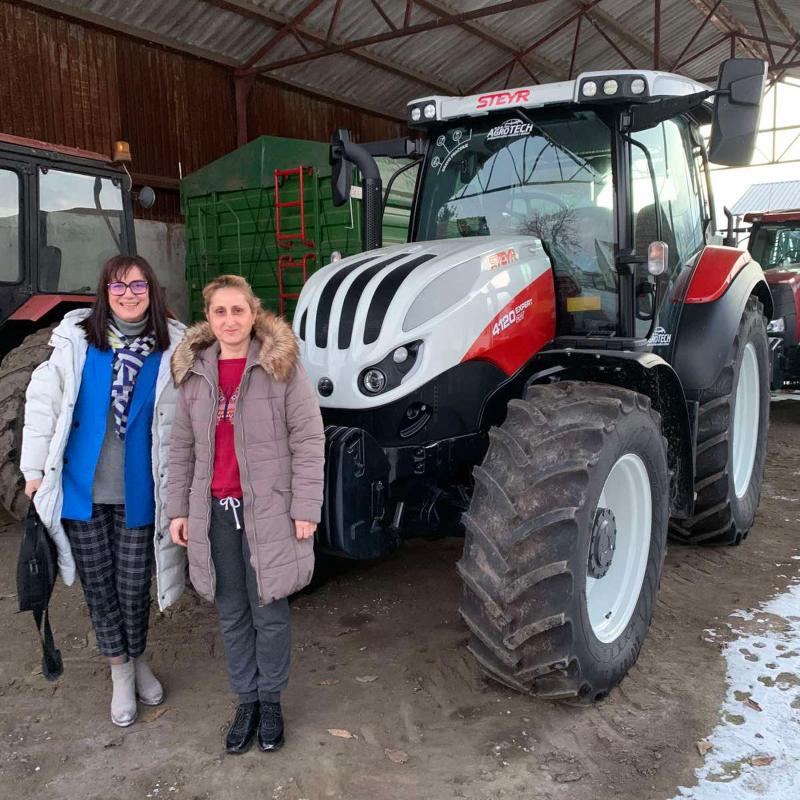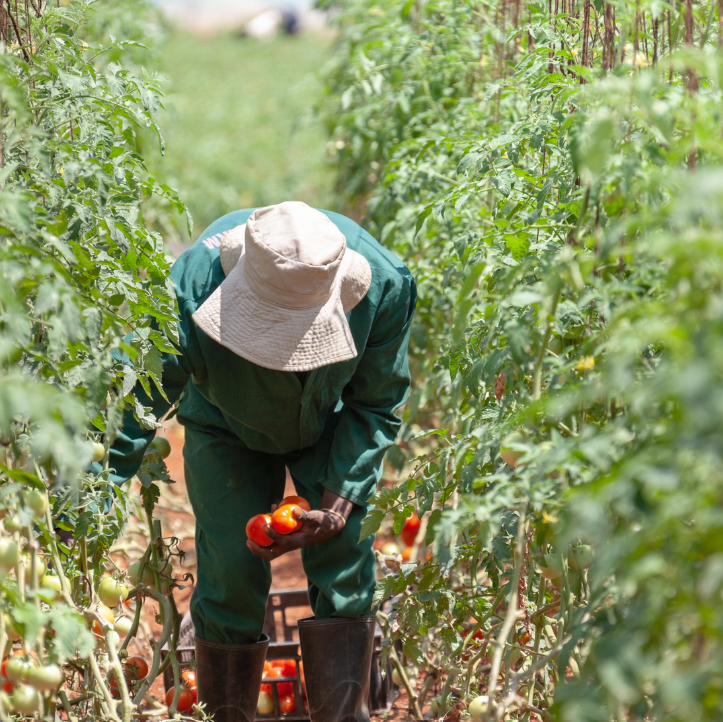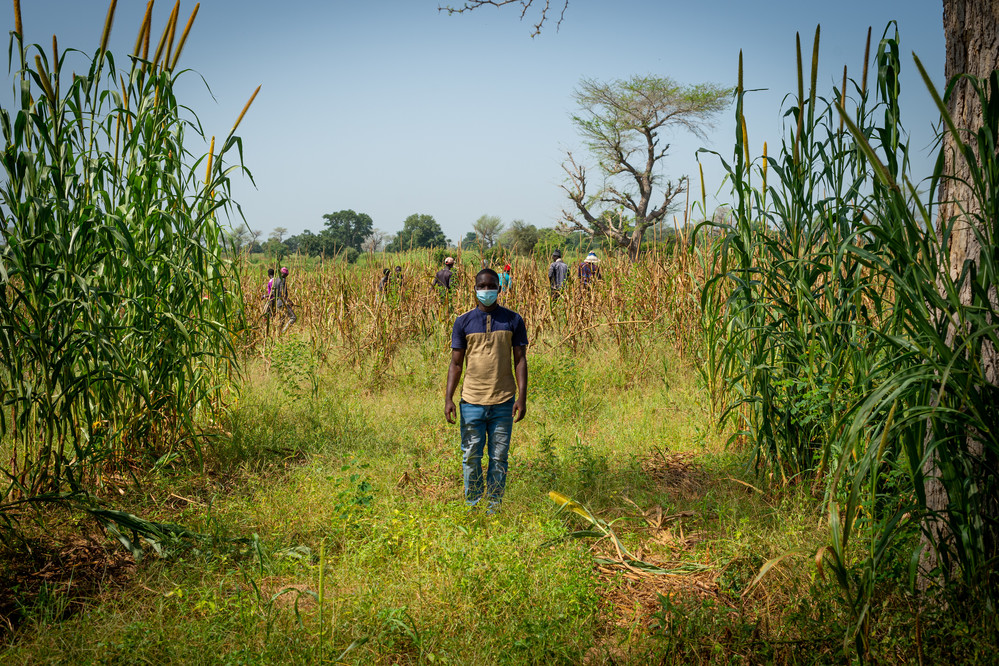Biljana Stanisavljva started her small business in Serbia in 2011, growing wheat and corn as a smallholder farmer. She wants to grow her business, but like many agricultural entrepreneurs, she finds it very challenging to obtain funds for her expansion plans. And as a woman, she faces additional challenges. Even after a decade as a registered business owner, cultural stigmas mean that she must rely on her husband for most business decisions.

Photo credit: Market Links
Like many across the globe, women in the rural Balkans rarely have an opportunity to make their own decisions without the influence of their husbands.
According to Stanisavljva, though many countries provide tax and other incentives to help women start their businesses, women don’t always benefit. Men sometimes take advantage of these financial incentives and often re-register a company under a wife’s or sister’s name while running the business with little participation by the women.
“While small- and medium-sized enterprises in the Western Balkans generally face major challenges to accessing the financing they need to grow, those barriers have an even greater impact on women entrepreneurs and business owners,” notes Lee Williams, USAID Private Enterprise Officer.
Women-owned SMEs (Small and Medium Enterprises) seeking loans or equity investments typically do not know what financial products are appropriate for them, where to find the sources of financing, and the requirements of investors or lenders. Often, they aren’t finance experts and lack the networks or connections to financial institutions or even advisors who could help them make connections and prepare their records.
And in developing countries where land titles are only held by men, many also lack the collateral to even secure a loan.
Changing Business Outlooks through Financing
A turning point for Stanisavljva was when she met Arjana Dugajlic, a business advisory services provider (BASP). Dugajlic had recently participated in the USAID CATALYZE Engines of Growth program and was hired to serve women-owned SMEs. “Arjana, the BASP I am working with, helps me to find the most appropriate way to access finance,” says Stanisavljva.
As part of a wider USAID program, these business advisors are incentivised to reach women-owned SMEs with alternative financial instruments and facilitate access to intermediaries and networks.
Dugajlic has been working with women-owned small businesses like Biljana’s to help them access financing by identifying appropriate financial products, connecting them with financing sources, teaching them management and communication skills, and helping them prepare the loan application documents. Beyond business and financial training, business advisory services also critically help raise awareness, especially in rural families, about the potential for women as active business leaders and decision-makers.
As an advisor, Dugajlic uses every opportunity to empower Stanisavljva and other businesswomen to act more independently. And she has an advantage. It’s been shown that women-BASPs can better relate to the challenges other women in business face. This ability to connect with them makes them a better business advisor for other women-owned SMEs to lean on and trust.
Biljana’s story demonstrates how important business advisors are, not only for the business skills they teach, but also for their myth-busting and cultural norm-breaking empowerment to help women entrepreneurs gain their own space and voice in societies willing to adopt new patterns of control over assets and decision making.
Incentives Drive Behaviour Change
In nearly 25 countries around the world, CATALYZE is helping to develop financial markets by mobilising and channeling private capital to populations overlooked by traditional banking, including women entrepreneurs, rural businesses, farmers, and sectors, like education and healthcare.
But driving behaviour change also hinges upon the quality of services. BASPs need to deliver financing successfully to address the challenges of women-owned SMEs and create a track record of success to have repeat clients and build a sustainable business. Yet, in many markets where CATALYZE works, the quality of BASPs is inconsistent.
The advisors themselves may not be attuned to understanding and meeting the unique needs of women-owned SMEs. They may not also be familiar with cash-flow-based lending products, such as the practice of financial institutions providing clients’ financial needs without collateral, as is usually the case for women in developing countries. Local advisors often do not have access or contacts with regional and international financiers and investors.
CATALYZE is helping to build up advisors’ ability to package bankable projects and provide collaborative services with government organisations and is creating opportunities for relationship-building between BASPs and investors so that they can access diverse funding for clients.
While it’s not yet a perfect process, by helping to subsidise the cost of BASP fees, CATALYZE encourages women-owned SMEs to test the benefits of consulting services. To encourage them to seek out women-owned SMEs as clients and spend as much time as needed to get them ready, CATALYZE provides bonus incentives to BASPs that support women.
At the end of the day, women-led BASPs are the most successful in supporting women-owned SMEs to access finance because they know first-hand their challenges, needs, and networking preferences.
This article was originally published by Palladium.

